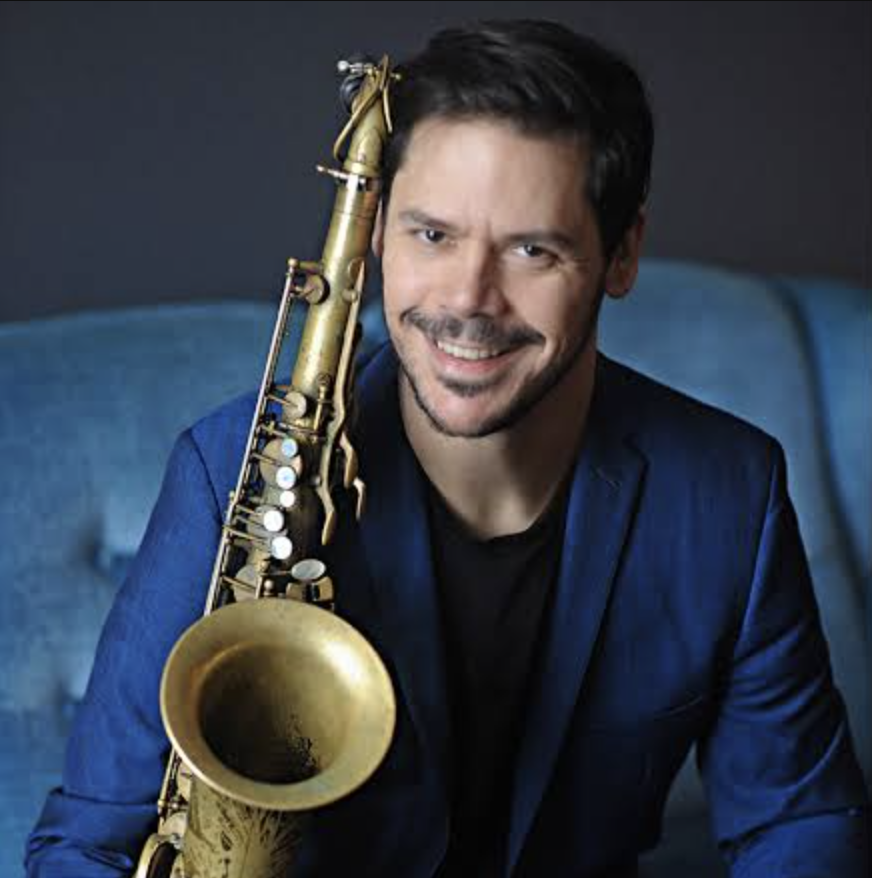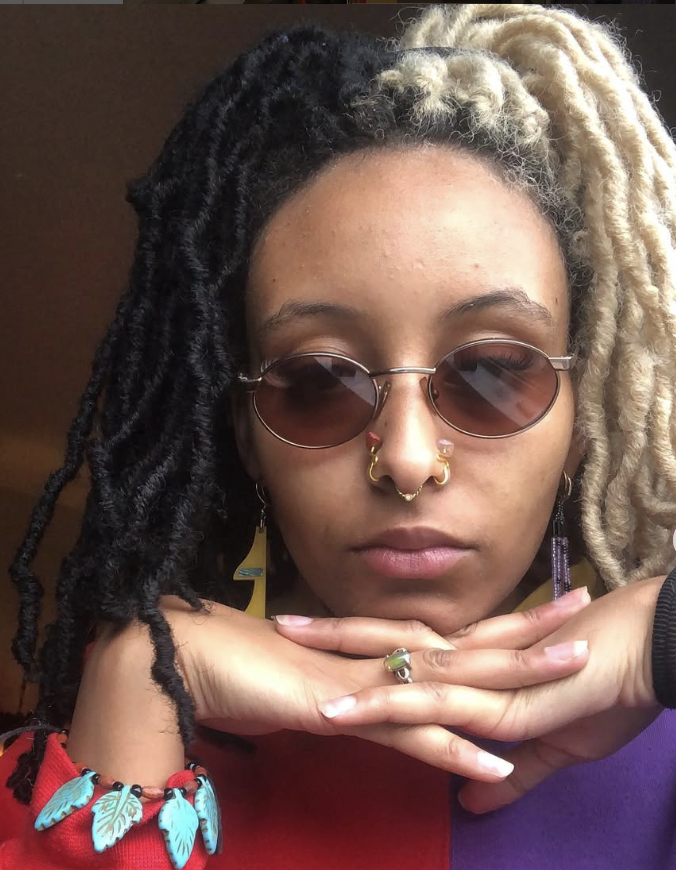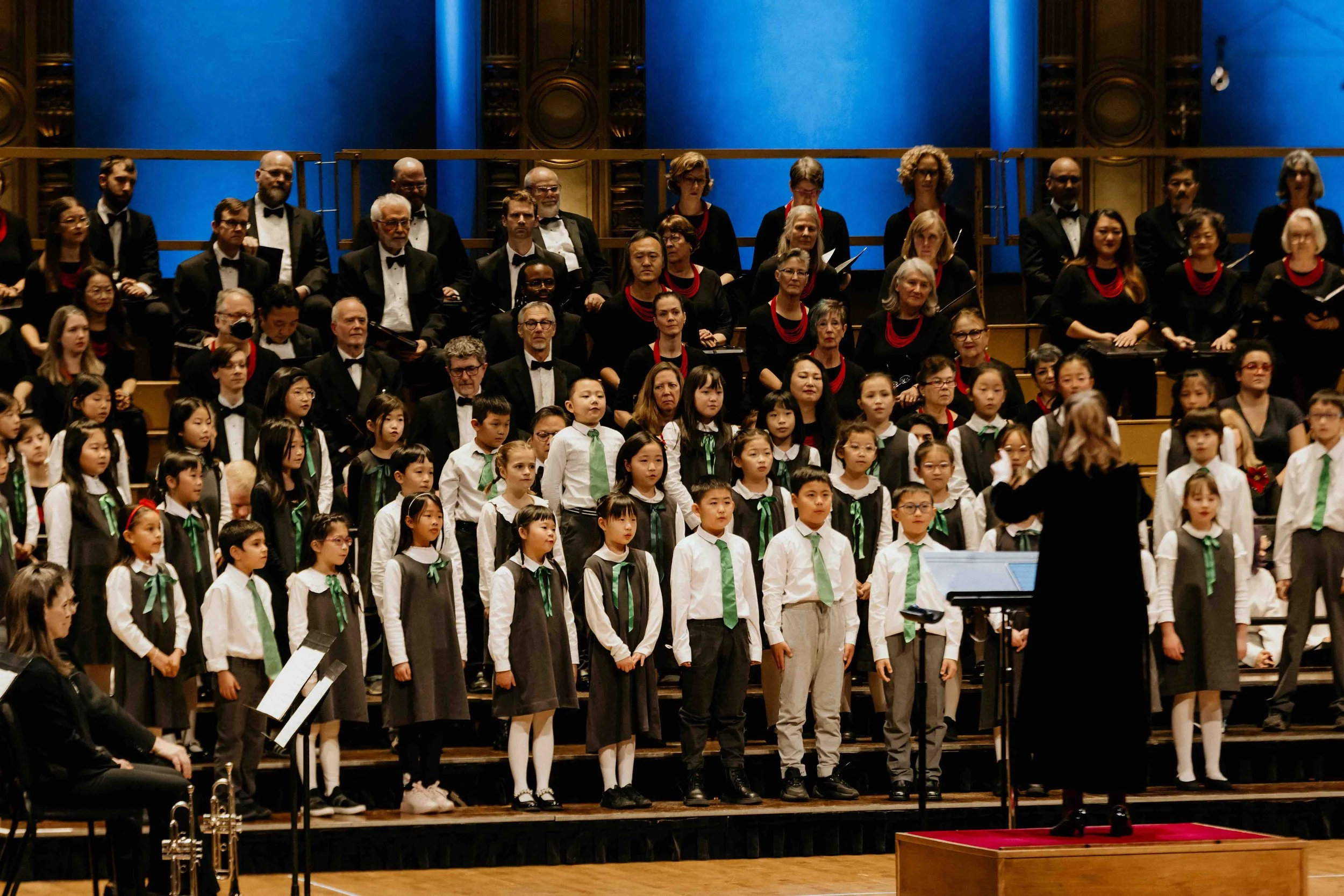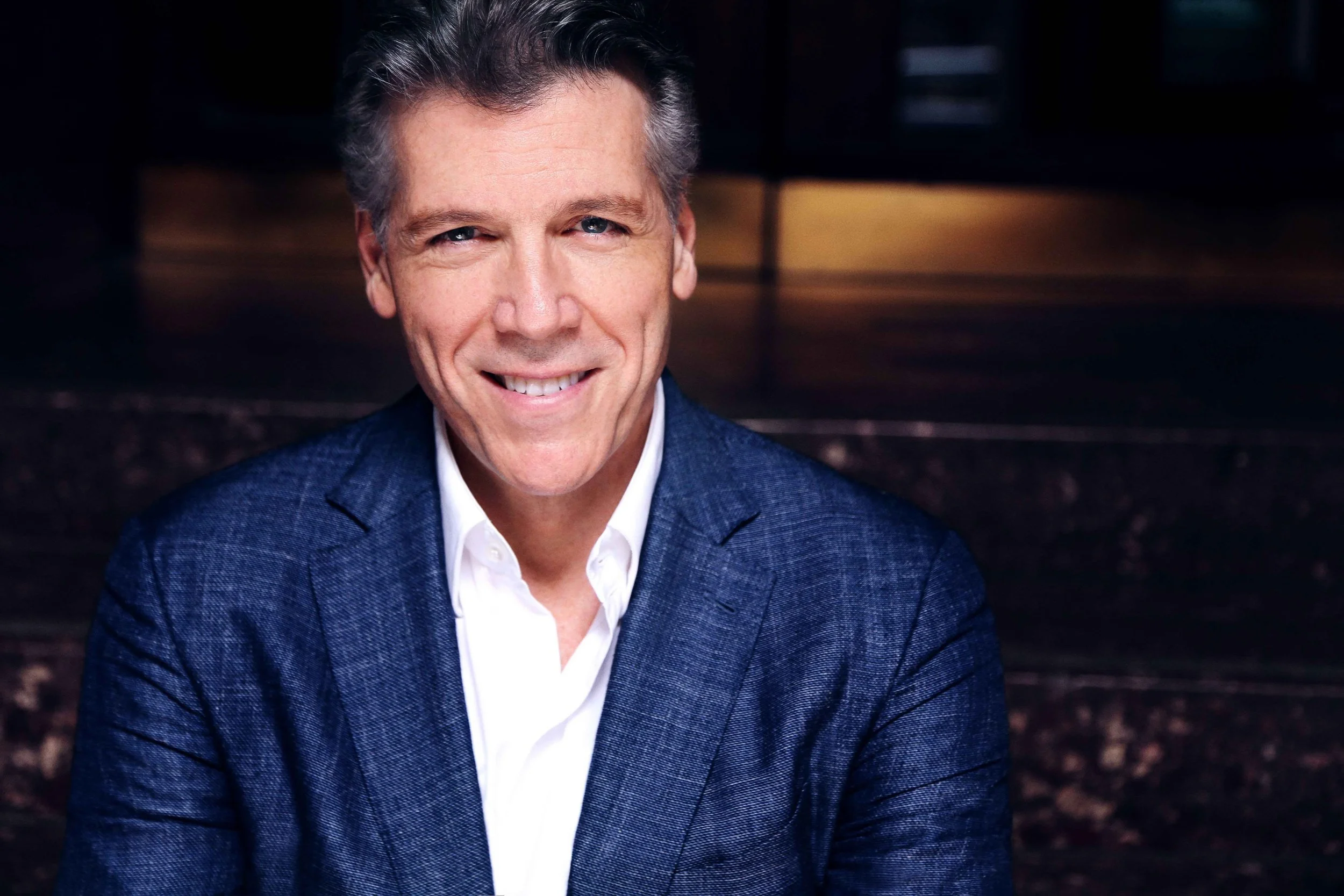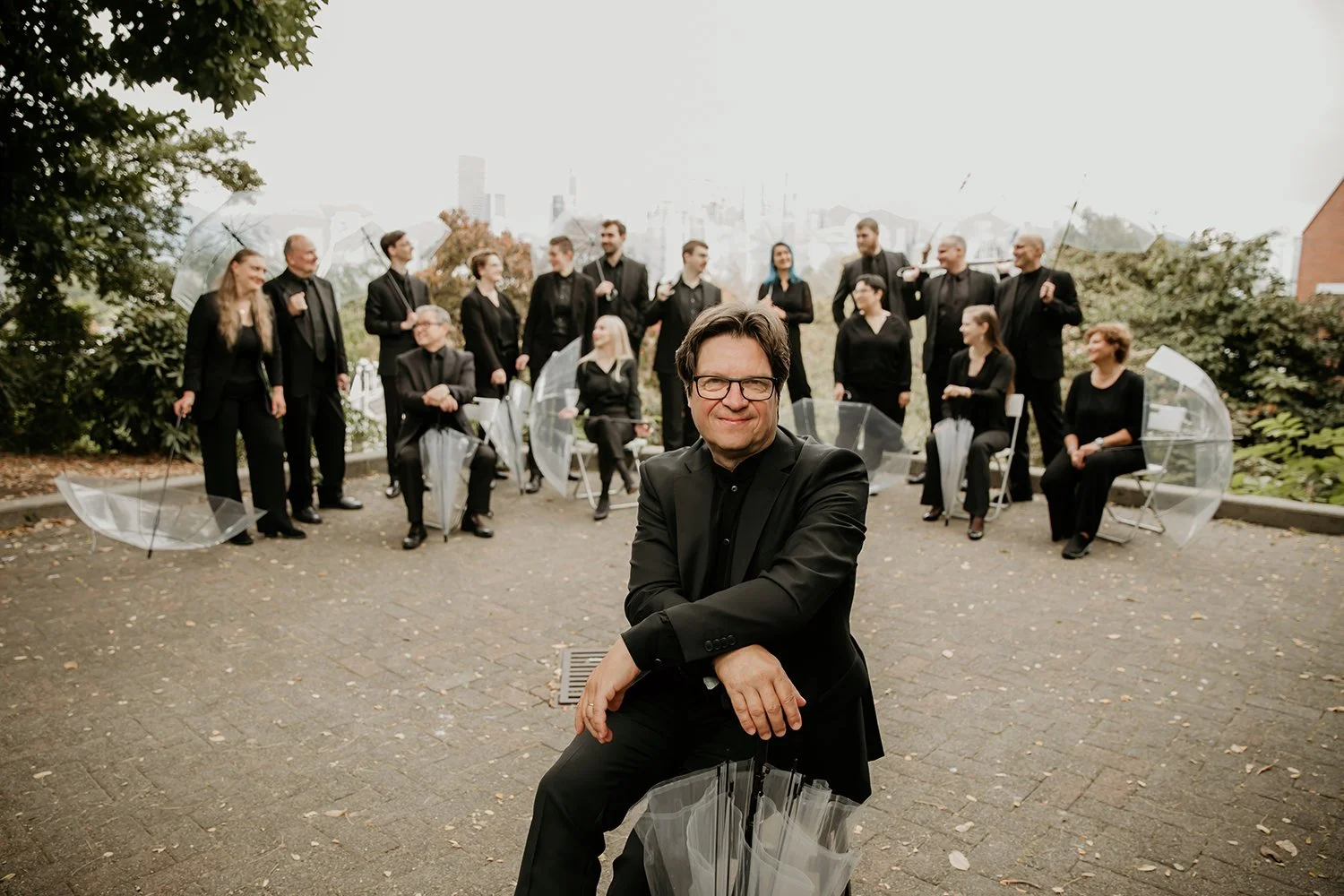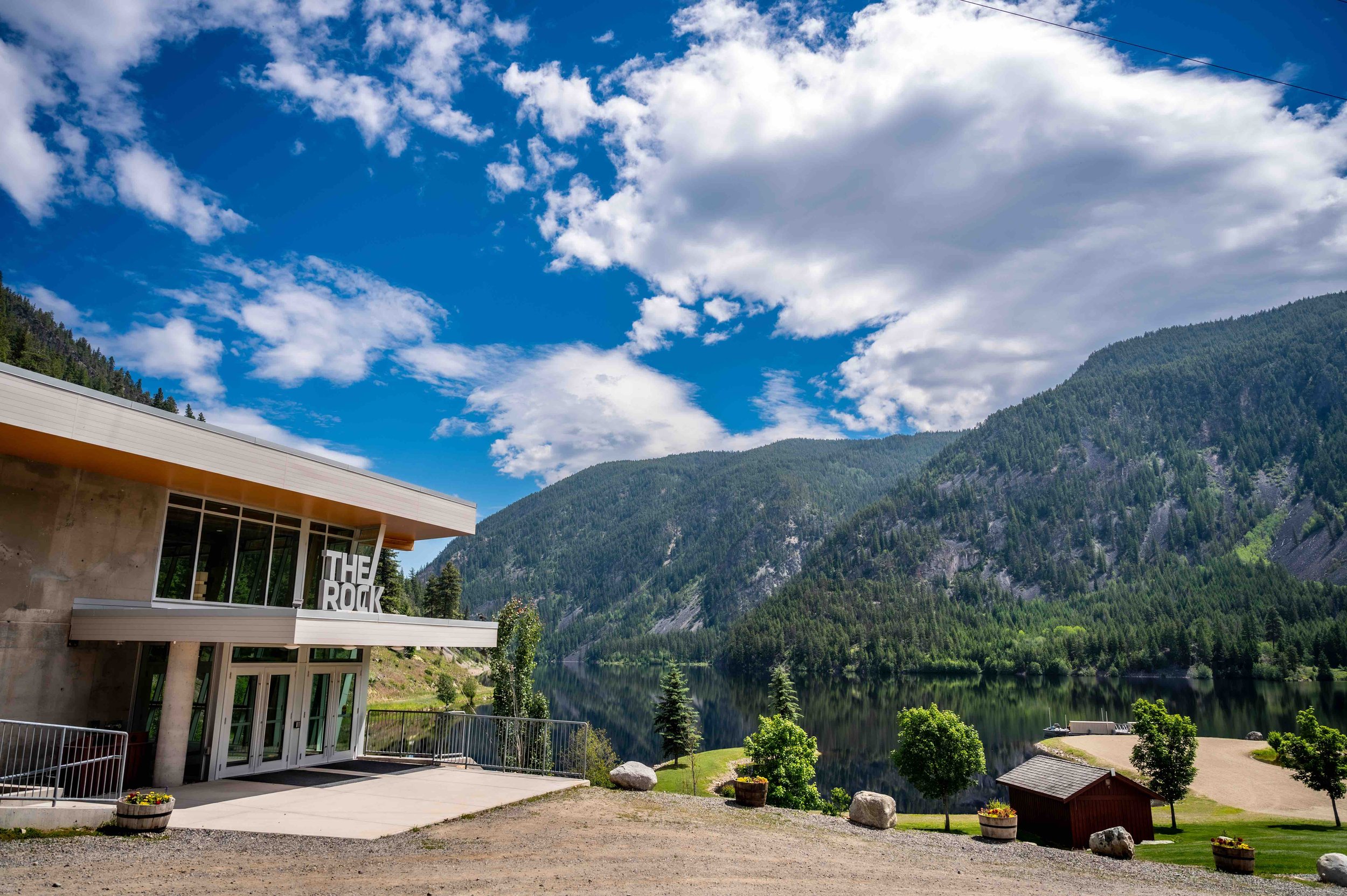Seamus Blake, Feven Kidane, the Ha Siblings, and more grace the stage at Jazz at the Bolt
This year’s festival features an electric range of revival shows
Seamus Blake.
Feven Kidane.
Cellar Music Group presents Jazz at the Bolt from February 14 to 16 at Shadbolt Centre for the Arts
“EDDIE WHO?”
That was the question jazz saxophonist Eddie Harris posed on the title track of his 1986 album of that name. Over a funky, mid-tempo groove, and backed by a soul chorus of female singers, Harris rhymed and rapped a list of his many accomplishments in music, including his 1961 jukebox hit “Exodus”, his immortal avant-standard “Freedom Jazz Dance”, and his invention of the electric saxophone.
Alas, Harris is not exactly in vogue in 2025, although his LP records are still eagerly sought after by those in the know. Some measure of fame is going to be headed his way soon, though, once Vancouver-raised saxophonist Seamus Blake finishes his upcoming set at the annual Jazz at the Bolt mini-festival. For what should be a celebratory return to his hometown, the Cologne-based Blake has assembled a mix of original compositions and Harris covers, all of which bear the stamp of his early influence.
Harris “is a little bit overlooked compared to some people, like John Coltrane, Sonny Rollins, and that”, Blake says. “Perhaps one reason is that he has a slightly more eclectic output: he goes from straight-ahead jazz to funk to stuff that’s a little bit more on the esoteric side. But in my opinion, he’s the father of the electric saxophone. I think he did some of the most influential recordings using the Varitone, which was a thing that they made in the ’60s that had some basic but effective sounds, like delays and things like that. It gave another dimension to the instrument, which is not really something that had not happened to the saxophone before.”
Cory Weeds.
Blake admits that while Harris influenced him to take up electric saxophone with his 1990s band the Bloomdaddies, paying explicit homage was not his idea. “I started doing a gig in this club, Smoke, in New York, and it was suggested to me to do an Eddie Harris tribute on his birthday. And I said ‘Yeah, cool. I like Eddie Harris. It would be fun.’”
His fellow saxophonist Cory Weeds, owner of the Cellar Live record label and booker, along with his friendly nemesis Tim Reinert, of the Jazz at the Bolt mini-festival, got wind of this, and so Blake’s Shadbolt Centre for the Arts show will be a test run for a recording session to take place in November. With organist Brian Charette and drummer John Lee on board, both gig and album should be fun indeed.
Blake’s Harris tribute is not the only revival show at this year’s edition of Jazz at the Bolt, which takes place from February 14 to 16. And it’s not the only one that Weeds has largely generated. For instance, he came up with the idea of booking young trumpet star Feven Kidane to examine the legacy of trumpeter and record-label maven Charles Tolliver, another ’60s innovator who has not been given his due in recent years. Via Cellar Live’s archival offshoot Reel to Real, Weeds recently restored and released a dusty Tolliver concert tape from 1973, Live at the Captain’s Cabin, to considerable acclaim. At the Shadbolt, Kidane and her quartet will deliver their take on the record “from front to back”, and she’s excited about it.
“A lot of the songs on there are Afrocentric, you know,” says the Ethiopian-Canadian musician. “So I couldn’t say no.
“I had definitely listened to some of his work before,” she continues. “He is on my favourite Max Roach record, Members, Don’t Git Weary; that was the first time I’d heard him. That was probably six or seven years ago. I’d heard some of his stuff on the Strata-East label as well; I knew that he’d worked with Bill Lee, Spike Lee’s father. But I knew him more as a sideman, definitely, so this was a deep dive into his band-leading work, and I have definitely been over the moon with what I’m hearing.
“I see specifically the Live at the Captain’s Cabin record as just like… How do I say this? I want to say ‘racing’, or something like that. I imagine it as a bunch of sports cars just, like, vrooming and doing tricks and having this whole elaborate dance on the racetrack. The album’s also not extremely drum-heavy by any means, but I see it all as percussion. It’s also very, very verbal. No lyrics, but just the way that the piano interacts with the trumpet. It’s percussive, it’s speaking… It’s almost like dance. I feel like a lot of abstract feelings and emotions and visualizations come from the record, and I hope that that’s what people will get, seeing me play it.”
An extra wrinkle is that the pianist in Kidane’s band, Quincy Mayes, studied with Tolliver at New York City’s New School. “The main thing I’ve learned from Quincy about Charles’s music is that there’s more to it than meets the eye,” Kidane reports. “One thing that he’ll say about Charles is that he’s very understated. He doesn’t seem like the type that wants to take up more space, but he has a wealth of knowledge about the music that, if you were to come to him, he would tell you. He’s a living legend, but you’ve got to look for him, too, a little bit.”
A different kind of connection led to siblings Ru and Paco Ha’s ongoing obsession with the music of Alice Coltrane. Being tenor saxophonists, they were well aware of her husband John Coltrane’s epochal contributions to jazz, but it was a show by John and Alice’s son Ravi that initially blew their minds.
“Me and my brother, we went to visit a family friend in Montreal—I think it was two years ago, or three years ago—and we got to see Ravi Coltrane and he played a lot of Alice Coltrane’s music,” Ru says. “It was like a tribute to his parents, so he played a lot of music from both of them. And when I heard that live, I was like ‘Oh, this is what it is. This is what it’s supposed to be like.’
“It’s just so atmospheric,” they continue. “‘Simple’ sounds like a bad word, but you know what I’m saying? A lot of her music really doesn’t have a crazy melody, or a melody at all except for a simple bass line that repeats. But her music uses such simple things to say so much. She tells a story with so little! Well, not ‘so little’, but so little and so much at the same time.”
The idea of two saxophonist siblings playing tribute to an artist known for her expressive voice on both piano and harp might seem a little odd, but the Ha Siblings will get a lot of help from their pianist, Noah Franche-Nolan, who’s rapidly becoming one of the most sought-after sidemen in Vancouver. A member of both Raagaverse and François Houle’s new quartet, he has what Ru describes as a “sparkling touch” on his instrument that should be able to evoke some sense of Alice Coltrane’s magical—and deeply spiritual—voice on the harp.
Tim Reinert is responsible for booking the Ha Siblings, and if you miss their Jazz at the Bolt set at noon on Sunday you’ll get a second chance when he presents them in Universal Consciousness, at the Rickshaw on May 2, alongside tributes to Miles Davis, Sun Ra, and Pharoah Sanders. Weeds, a performer as well as an impresario, will lead his own tribute show at the Bolt, in the form of Jazz From the Pacific Northwest, inspired by another of Reel to Real’s archival releases, this time featuring two different bands led by drummer Shelly Manne. But he’ll also be on the bandstand when organist Charette pays homage to his formative influence Brother Jack McDuff, in a show that will recreate his recent Cellar Live release, You Don’t Know Jack!.
Speaking from his home in Southern California, the former Manhattenite admits that he came to McDuff’s music in a rather circuitous fashion.
“I’m a big Keith Emerson guy,” Charette notes. This might seem out of character for someone who has never stabbed his Hammond with a butcher knife, but it’s true. “I actually knew Keith Emerson and got to play with him one time; he was my hero. His big recording with Jack McDuff was ‘Rock Candy’, and when you listen to Emerson, Lake & Palmer, that’s kind of the sound that he’s going for on those recordings. I was very into Keith Emerson before I even knew that it was coming from Jack McDuff, so for me it was a logical progression to get into him as well.”
Less logical, but definitely fortuitous, was that when Charette started to explore the organ more seriously, he did it on McDuff’s own instrument, which was then the house keyboard at a Harlem nightclub. But that’s tangential to his interest in the older musician’s compositions, something Charette says sets McDuff apart from his peers. “I feel like organists are not thought of as composers, in general,” he explains. “Especially in the ’50s it’s very blues-based, or people would play a lot of standards. And this is why I became very interested in his later recordings: he was making these very unusual almost disco albums; he was writing for multiple horns, very beautifully orchestrated horn parts that other organists didn’t really do.
“I’m very influenced by the way he orchestrates harmony, which we do on my album, especially in ‘Why’d You Have to Go and Lie to Me, Boy’” he adds. “The way that the three voices are playing the melody—Cory’s playing a part, I have a part, and the guitar has a part—is voiced very much in the way that Jack McDuff would do. Voices sometimes cross each other and make interesting dissonances, and I think that is very much from him.”
McDuff’s innovations, Charette says, are still vital, and the same can be said of Eddie Harris, Alice Coltrane, and Charles Tolliver. Don’t mistake these seemingly retro-focused performances as simple nostalgia; they’re more an investigation into how jazz can move forward in the 21st century.
As one would expect from Weeds, they also make for smart marketing. “Jazz does a lot of tributes; maybe too many,” says Blake, laughing. “But one way to keep it going is to look back to the glories of the past. Classical music does that plenty, and every music, as it’s getting older, has to look to the past for renewed inspiration.
And there’s a bonus, he adds. “The familiar sells tickets.”
![]()


